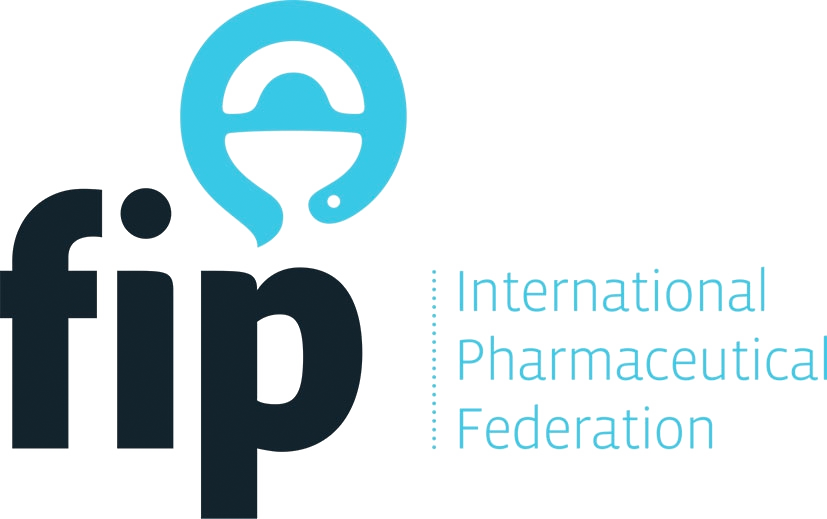
May 2013
The global bodies for the five leading health professions, representing more than 26 million health professionals worldwide, are jointly calling for a new emphasis on collaborative practice. Health professions working together around the world can lead to improved health services and a more effective use of resources, they say.
The World Health Professions Alliance (WHPA), which brings together the International Council of Nurses, the International Pharmaceutical Federation, the World Confederation for Physical Therapy, the World Dental Federation and the World Medical Association, has issued a major new statement on collaborative practice.
It is being launched by WHPA in Geneva, during the World Health Organization’s 66th World Health Assembly, on Monday 20th May.
The statement addresses the fact that health service users around the world can experience duplication, gaps and discontinuity in the health system. Yet effective collaboration between different professions and service can prevent this and lead to improved access to services, more user involvement in decision-making, more responsive services, better use of resources, reduced incidence of disability and increased job satisfaction of health professionals.
The WHPA calls on governments to fund structures which support interprofessional collaborative practice (ICP). The structures of health systems around the world should enable ICP, educational systems should promote shared learning, and health professionals need to respect each others’ expertise.
“Health professionals strive to deliver high quality services within their scope of practice and with respect for the expertise of other members of the team,” said Rosemary Bryant, President of the International Council of Nurses. “This is a challenge that health professions can address positively together and with other agencies.”
Michel Buchmann, President of the International Pharmaceutical Federation said: “Evidence shows that effective interprofessional collaborative practice leads to a comprehensive, coordinated and safe health system that better meets the needs of people and their communities.”
Marilyn Moffat, President of the World Confederation for Physical Therapy said: “Effective interprofessional collaborative practice brings benefits in every area of health services – from health promotion, through injury prevention to condition management. Working together, professionals can effectively address pressing societal health needs such as the growing burden of noncommunicable diseases and their risk factors.”
Once the individual contributions of all professionals are recognised, there is more likely to be appropriate referral and a good matching of competencies to a person’s needs, said Cecil Wilson, President of the World Medical Association: "High quality patient care is most likely to be achieved when health professionals work together as a team. In an increasingly complex and fast-moving medical world, it is safer and more efficient when health professionals collaborate to the full extent of their training and experience."
Orlando Monteiro da Silva, President of the World Dental Federation said: “The World Health Professions Alliance will promote interprofessional collaborative practice through advocacy, by example and by promoting educational, legislative and health system changes that bring about and strengthen interprofessional collaborative partnerships.”




